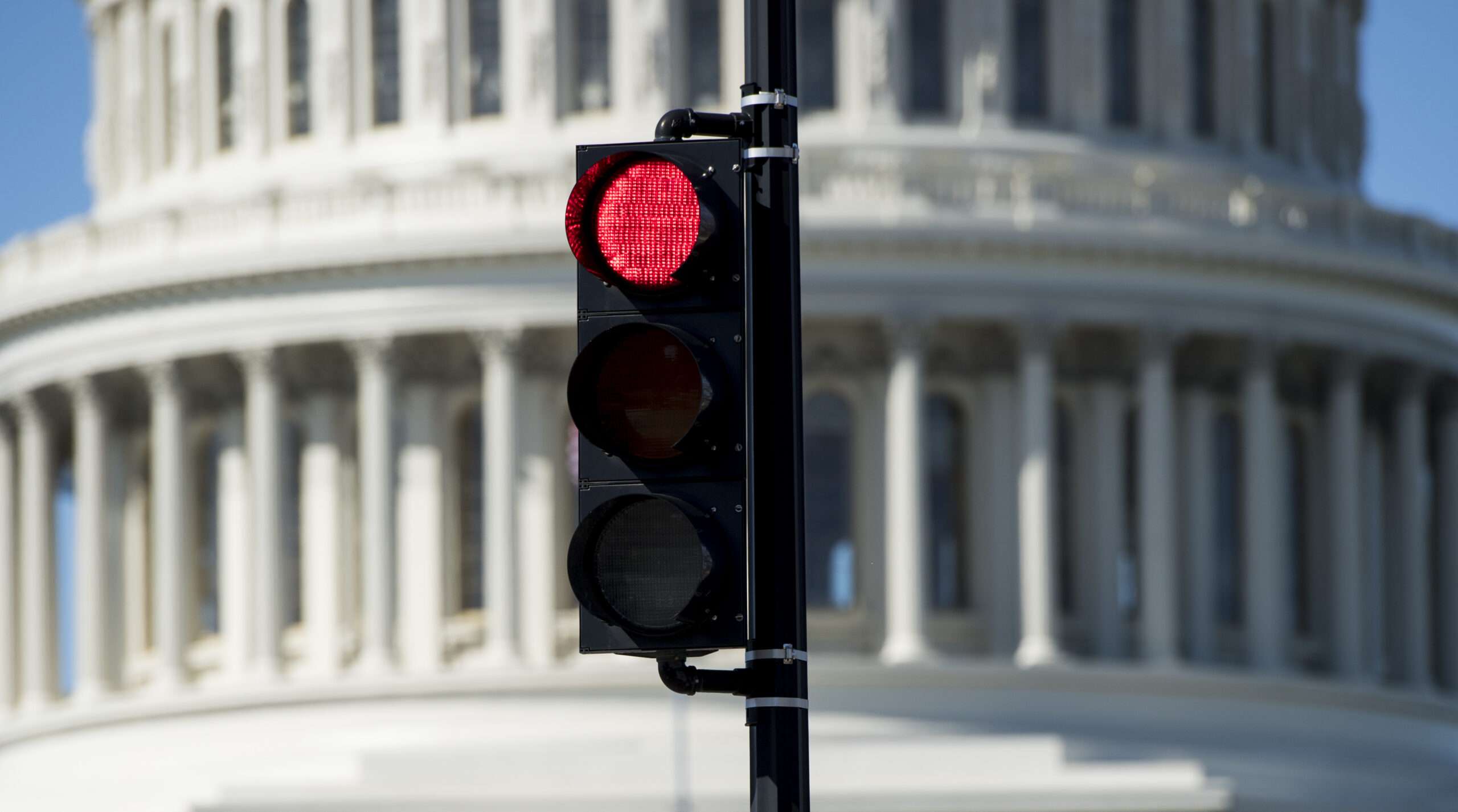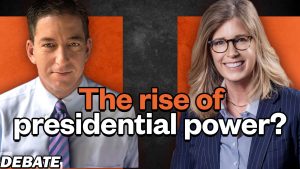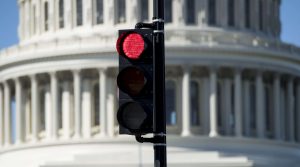Former GAO Head Cautions Against Excessive Federal Growth, Overpromising, and Over-Subsidization
The United States faces a looming debt crisis within the next five years, a threat underscored by David Walker, former comptroller general, who warns of severe economic, security, and social consequences if Congress fails to implement significant fiscal reforms. Walker criticizes the federal government’s excessive growth, overpromising, and loss of budgetary control, estimating a 70% chance of a crisis before the end of the decade. Such a crisis, he cautions, would disproportionately impact the middle class through a sudden decline in living standards. This urgent call to action reflects growing bipartisan concern, as acknowledged by House Budget Committee Chairman Jodey Arrington, who emphasizes the unsustainable fiscal trajectory and the potential for a sovereign debt crisis to undermine America’s global leadership. These concerns are further echoed by governmental bodies like the GAO and CBO, as well as independent organizations, all highlighting the alarming rise in national debt, which has doubled since 2015, reaching over $36 trillion gross and over $28 trillion held by the public – nearly equivalent to the nation’s GDP.
The urgency of the situation is further emphasized by Douglas Elmendorf, dean of Harvard’s school of government, who stresses the immediate costs of inaction. He warns that accumulating debt displaces crucial capital investment, suppressing wages and elevating interest rates. Moreover, it limits the government’s capacity to borrow during future emergencies, hindering effective responses to unforeseen crises. While a bipartisan consensus acknowledges the gravity of the fiscal predicament, finding solutions remains a significant challenge. Walker proposes a “fiscal responsibility amendment” to the Constitution, aiming to curb Congress’s propensity for excessive borrowing. He cites Germany’s “debt brake” rule and Colorado’s spending limitations as potential models, though acknowledges the formidable hurdle of passing a constitutional amendment, requiring supermajorities in both Congress and state legislatures.
The difficulty in implementing such an amendment underscores the underlying challenge: Congress’s apparent inability to manage its fiscal responsibilities without external constraints. While Walker’s proposed constitutional amendment and other mechanisms like debt commissions aim to address this issue, they implicitly acknowledge the legislative branch’s struggles with fundamental budgetary management. This raises the critical question of whether Congress can effectively address the looming debt crisis without such external pressures. The core problem lies in Congress’s inability to pass a balanced budget, resorting instead to trillions of dollars in annual borrowing. While seemingly obvious, achieving a balanced budget represents the fundamental solution to the nation’s fiscal woes. However, the political complexities and entrenched interests surrounding budgetary decisions make this a daunting, if not seemingly impossible, task.
The debate over fiscal responsibility highlights the tension between short-term political expediency and long-term economic stability. The allure of deficit spending for political gain clashes with the long-term consequences of unchecked debt accumulation. This dynamic contributes to the legislative inertia that prevents meaningful action on fiscal reform. The current trajectory of mounting debt poses a significant threat to the nation’s economic health and future prosperity. The consequences of inaction, including slower economic growth, reduced investment, and diminished international standing, are becoming increasingly apparent. Addressing this challenge requires not just technical solutions, but also a fundamental shift in the political landscape, demanding greater fiscal discipline and a long-term perspective on economic policy.
Beyond the immediate economic implications, the escalating national debt carries broader consequences. It weakens the nation’s global standing, potentially compromising its ability to project power and influence international affairs. Furthermore, it creates vulnerability to economic shocks and limits the government’s ability to respond effectively to unforeseen crises, both domestic and international. The mounting debt burden also raises intergenerational equity concerns, as future generations will inherit the consequences of current fiscal irresponsibility, potentially facing lower living standards and reduced opportunities. This puts immense pressure on policymakers to prioritize long-term fiscal sustainability over short-term political gains, recognizing the profound implications for future generations.
Ultimately, the question remains whether Congress can muster the political will to address this looming crisis. The debate over potential solutions, including constitutional amendments and debt commissions, reveals a deep-seated concern about the legislative branch’s ability to act responsibly without external constraints. The looming debt crisis serves as a stark reminder of the urgent need for fiscal reform and responsible budgeting. Failing to address this challenge will have profound and lasting consequences for the nation’s economic health, its global standing, and the well-being of future generations. The imperative for action is clear, and the consequences of inaction are too significant to ignore.
Share this content:











Post Comment